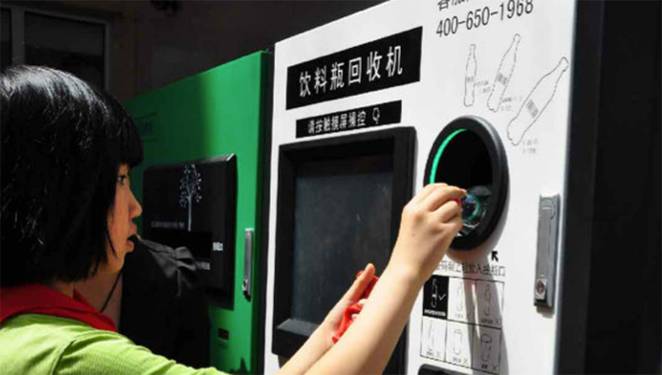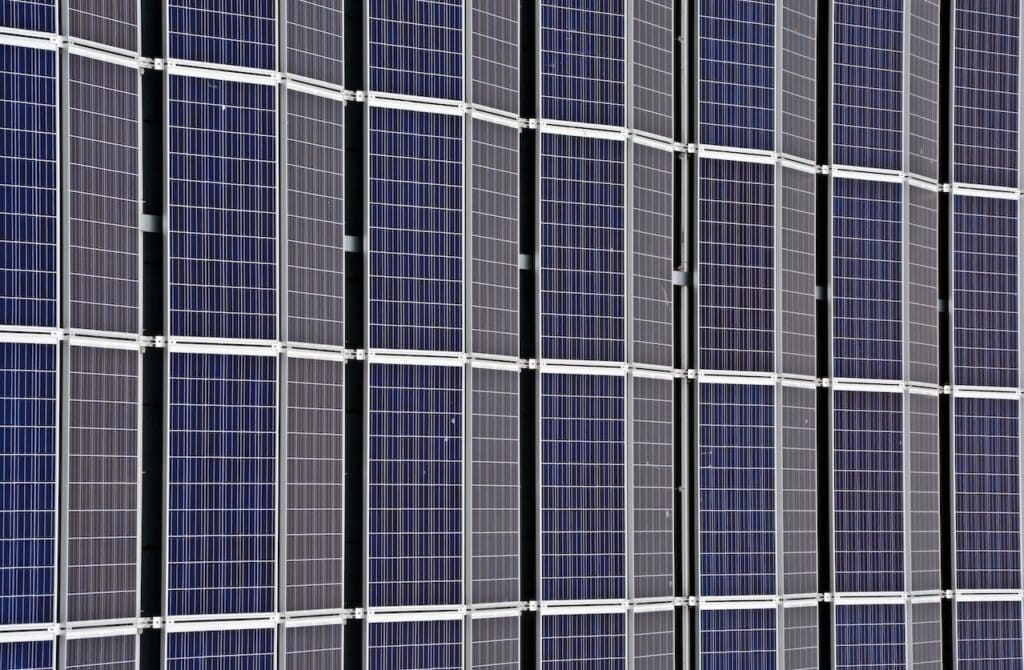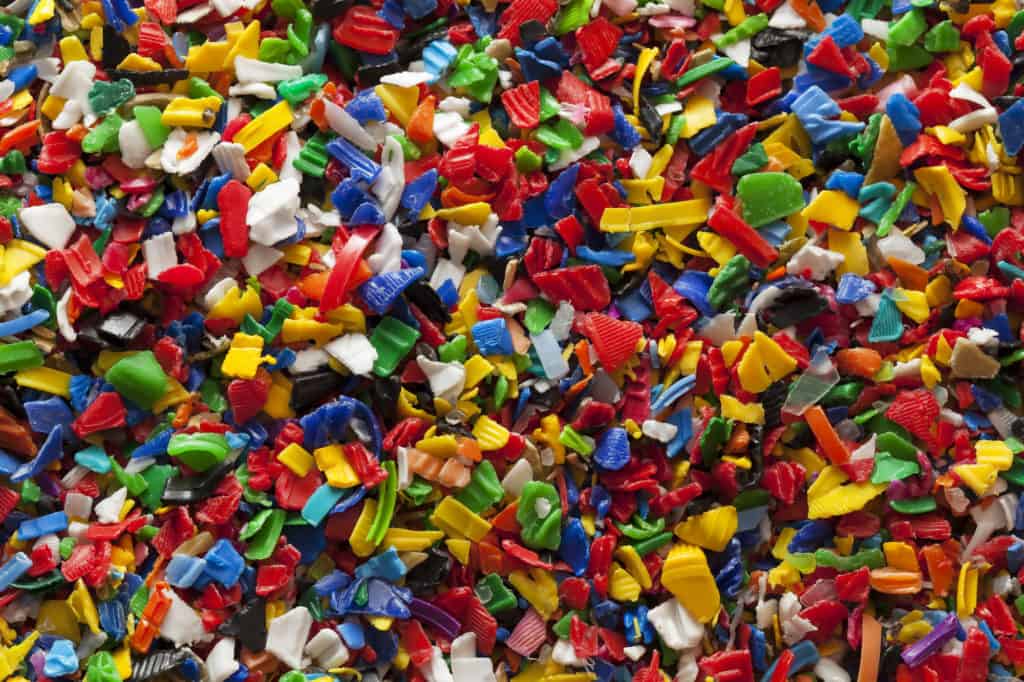Scrap metals, plastic bottles, bales, scrap paper from offices, old appliances and gadgets: these are all waste in the eyes of many, but China see them as opportunity, and their recycling feeds millions of families.
The rapid growth in the production of solid wastes is not only an environmental issue. For China, recycling is more than helping the environment; it is also helping their industries, and in turn providing a huge economic boost to their communities. China is the biggest recycler in the world, with most of their imported recyclables coming from the United States and Europe. These imported solid wastes are segregated, reprocessed and turned into new and useful products. It is the availability of recycled plastics and cheap labour that makes China known for their cheap goods.

Re-establishing the Recycling industry
The Green Fence act of China, mentioned in part three, decreased the number of imported solid wastes (recyclables) that enter the country, through strict monitoring of the volume and quality of the waste products (no more contaminated material was accepted). This act sustained more eco-friendly recycling industry but it also caused high recycling prices that made a lot of recycling establishments (both small and large industries) close down. The main reason was a lack of profit.
But China chose to make a stand in their Green Fence act. This act taught the people of China to find ways to re-establish their recycling industry, and European and American businesses to not be so dependant on China. Through partnerships of both small and large recyclers. and through the government’s supportive policies, the Chinese recycling industry recovered and then grew larger.
Ranjit Baxi, member of the Bureau of International Recycling (BIR), stated that China was importing half a million tons of paper annually before the year 2000, today China is importing 30 million tons. He also said that at the same time, China’s collection of waste paper within China was very low, previous to the year 2000, but today, he said he could well estimate that China is collecting domestically close to 50 million tons. These are evidence of the continuous growth of Chinese recycling industries.

Recycling could be the main industry of China in future
Recycling helps in reducing pollution, creates income for recyclers and produces cheaper raw materials for manufacturing companies. This is why China considers making recycling their main industry. China earns £30 billion a year for recycling metals. They saved an estimated count of 30 million trees and 26 million litres of water in recycling paper, rather than producing new material, not to mention the amount of fuel and CO2 saved in the process. They also saved money and energy in recycling metals and plastic, rather than melting or creating new material.
China believes that there are still a lot of recyclable wastes going to landfills and incinerators. They are also improving their collection of domestic waste. Further development of waste collection and segregation will help to reduce incineration (and air pollution at the same time) and will also help to save space in landfills. This will decrease the need of imported recyclables and will lead to cheaper, or more competitive recycling prices. That’s why the Chinese recycling companies expect more support from the government in the future.
The world looks up to China as a very successful recycler. China has set a very good example for the global recycling industry, and there will come a day that many countries will no longer be able to use China for their recycling. In fact, there are already countries that are developing their recycling industry in anticipation, like Taiwan and the US. America is also considering the reprocessing of solid wastes (due to the fact that they create more waste per person than any other nation). There will surely come a day when there will be more competition between recycling markets of different countries, and this competition will create better recycling technologies and cheaper recycling prices. It can only be hoped that China decides not to close their recycling doors, and continues to set a strong example globally.








